READY TO GET STARTED?
REQUEST A FREE ESTIMATE
Fill out the form below or call (336) 226-1448 for a free, no-obligation estimate.
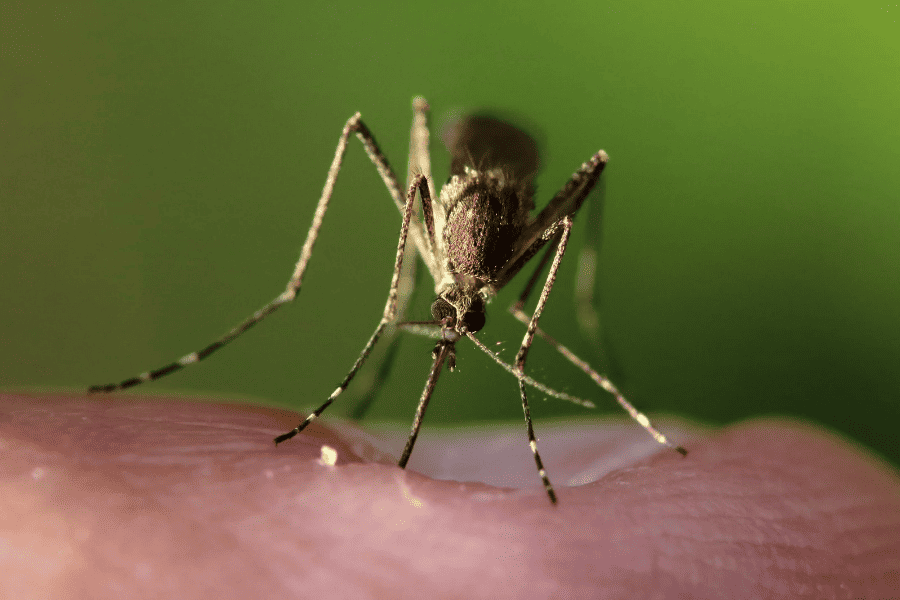
Mosquito season is here, but it’s not too late to get prepared! Besides being annoying, mosquitoes can transmit serious diseases to both humans and pets. Here are some quick and simple DIY tips to get prepared for mosquito season.
With all this rain and wind happening lately, it’s probably safe to say you have accumulated some leaves and sticks in your gutters. Even those with guards in place can accumulate debris. It’s important to get all debris removed from gutters as it can cause the drainage to slow leaving enough standing water for mosquitoes to breed.
You’ve handled the standing water in your gutters, but have you checked throughout your yard for any other potential trouble spots? Here are some common areas and items standing water can be found in your yard:
There are certain plants and flowers that can help deter mosquitoes. You may already have some in your garden, but if not, here are some that you can add:
Fighting mosquitoes can seem like a never-ending battle, even after you’ve placed preventative measures around your home. Consider reaching out to your local pest control company for more information on professional mosquito control services.
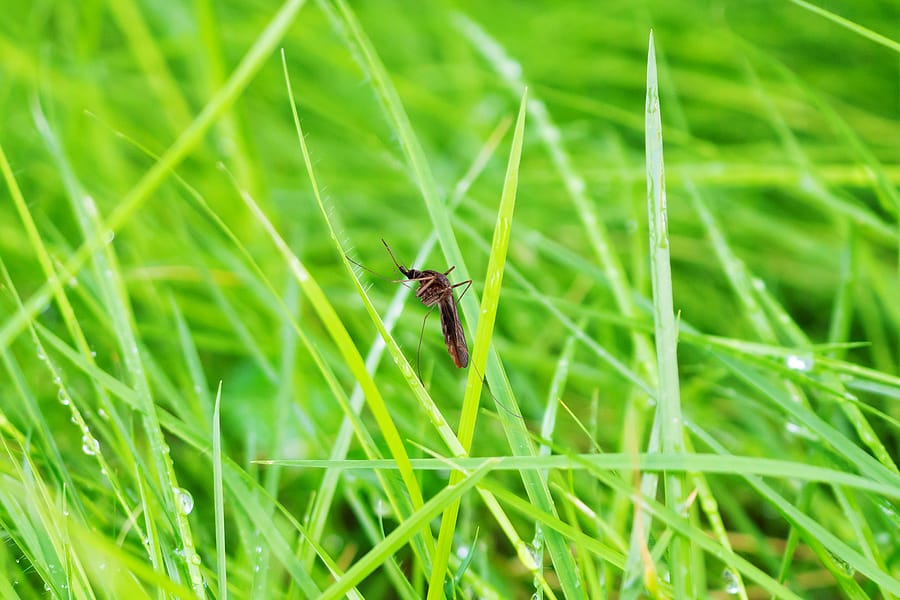
Spring is a time for renewal and growth, but unfortunately, it’s also a time for pests to emerge from their winter hiding spots and wreak havoc on homes and gardens. North Carolina, with its warm and humid climate, is particularly susceptible to pests during spring. Here are some of the most common spring pests homeowners in North Carolina may experience, along with tips on how to prevent and control them.
Termites are a serious problem in the south, and spring is the time when they start swarming in search of new nesting sites. Termites can cause extensive damage to the structure of homes, and if left untreated, can lead to costly repairs. Homeowners should be on the lookout for signs of termite infestations, such as mud tubes, discarded wings, and wood damage. To prevent termite infestations, homeowners should remove any wood debris or stumps near their homes, repair any water leaks or moisture problems, and have regular inspections by a licensed pest control professional.
Ants are another common spring pest in this area. They are attracted to food, water, and shelter and can quickly become a nuisance in homes and gardens. Ants can also cause damage to plants and can even bite humans and pets. Homeowners can prevent ant infestations by keeping their homes clean and free of food debris, sealing cracks and crevices, and trimming plants away from the home’s foundation.
Mosquitoes thrive in warm, humid environments, making the south an ideal location for them to breed. Mosquitoes can transmit diseases such as the West Nile virus and Zika virus, making them a serious health concern. Homeowners can prevent mosquito infestations by removing any standing water around their property, such as in bird baths or clogged gutters. In addition, homeowners can install screens on doors and windows to prevent mosquitoes from entering the home.
Ticks are another common spring pest. They are often found in wooded areas and can transmit diseases such as Lyme disease and Rocky Mountain spotted fever. Homeowners should take steps to prevent tick bites by wearing long-sleeved clothing, using insect repellent, and avoiding tall grass and brush. In addition, homeowners can keep their yards free of debris and trim back any overgrown vegetation to reduce the likelihood of tick infestations.
Cockroaches are a year-round problem, but they become more prevalent in the spring as the weather warms up. Cockroaches can contaminate food, trigger asthma and allergy symptoms, and transmit diseases. Homeowners can prevent cockroach infestations by keeping their homes clean and free of food debris, sealing any cracks or crevices, and reducing humidity levels.
By working with your local pest control company and taking proactive measures, you can protect your home and family from these common spring pests.
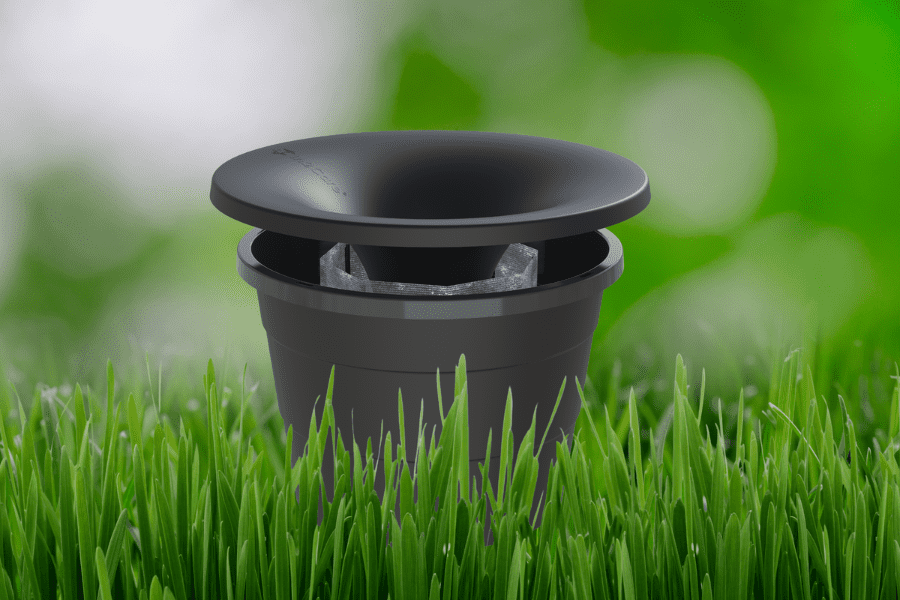
The warm and humid weather in the South creates the perfect environment for mosquitoes to thrive. Mosquito season is almost year-round down here, so it’s important to take action against these annoying pests. Mosquitoes can pose a serious threat to humans, but there is an innovative no-spray mosquito solution to stop the mosquito problem at its source.
The In2Care mosquito control is a perfect solution to eliminate and prevent mosquitoes throughout your property. This unique trap lures in mosquitoes with a special green mosquito treatment and the mosquitoes are the ones to transfer the product to other areas in your yard, including breeding sites. The spread of the treatment helps to eliminate adult mosquitoes while also preventing larvae from developing further.
Discover the benefits of In2Care:
This alternative mosquito control method is discreetly and strategically placed throughout your property and lures mosquitoes with the treatment inside the trap.
If you’re interested in the In2Care System or would like more information, reach out to your local pest control company who partners with In2Care to receive a treatment plan perfect for your property!
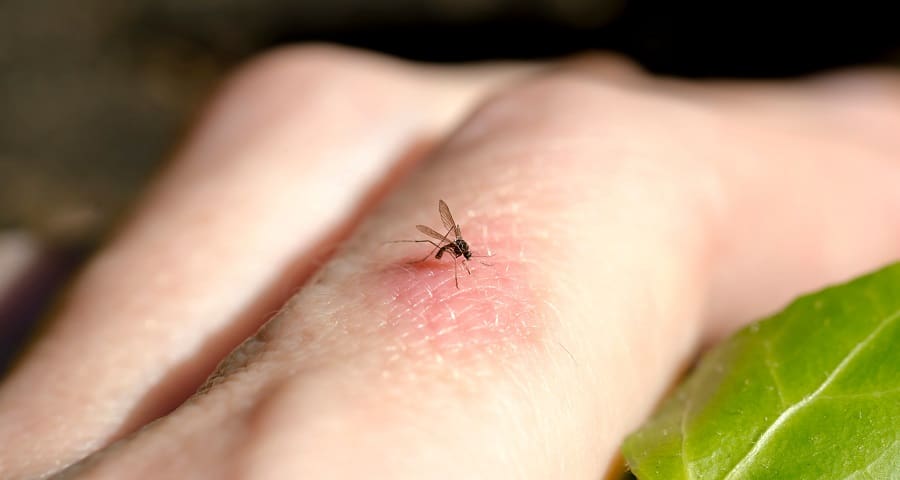
If you plan on spending any time outside this summer, there is a good chance you will get a mosquito bite. Once mosquitoes bite, they cause a minor allergic reaction. Most often, the skin will raise and turn red. The itch itself comes from the allergic reaction to the saliva. It’s an anticoagulant that the mosquito injects while sucking your blood.
So, how do you treat a mosquito bite?
Make sure to keep an eye out to make sure your bite doesn’t get infected. You can tell a bite is infected if it appears red, feels warm, or has a red streak spread outward from the bite. If your symptoms worsen, please see a healthcare provider. Also, if a bite causes a fever, vomiting, or shortness of breath, call 911 or get to an emergency room as soon as possible.
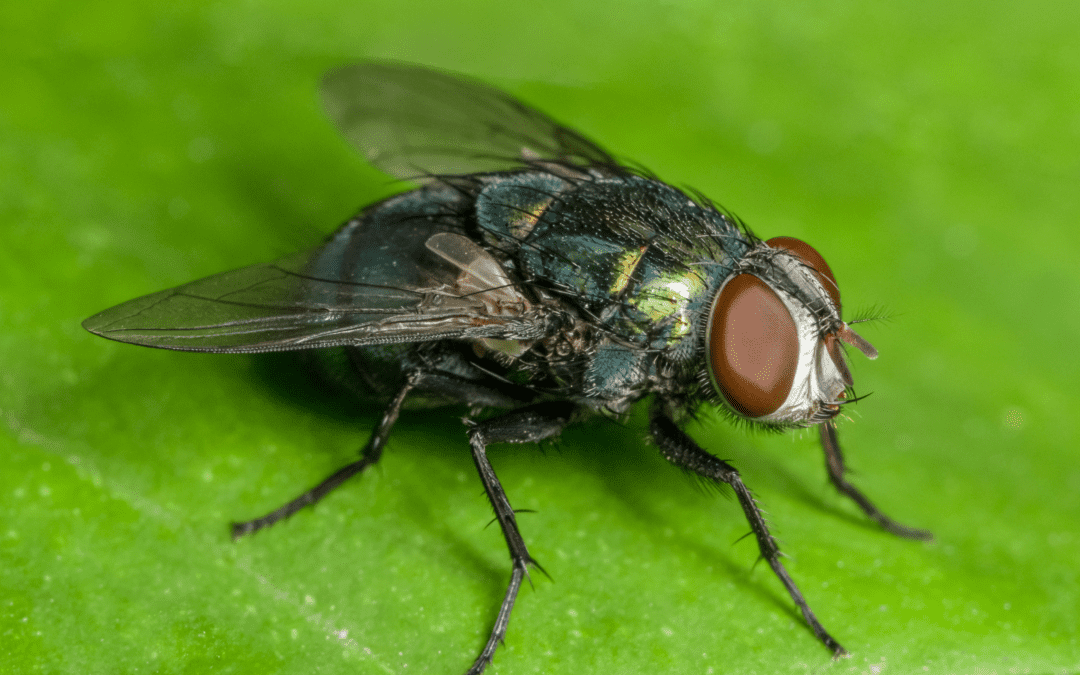
Household pests are any undesired animal that has a history of living, invading, causing damage to, eating food from, acting as a disease vector for, or causing any other harm to a human habitat. While many are just considered a nuisance, some household pests can become dangerous as they pose a risk to health, property, and lifestyle. Also, household pests aren’t just limited to insects. They include arachnids, rodents, and wildlife.
While household pests can be found year-round, some are more common in the summer months. Here are four of the most common summer pests and how you can prevent them.
Mosquito season peaks during the summer months. Mosquitoes are able to reproduce in large numbers due to the warm weather and humid environments that accelerate their life cycle. If you have standing water on your property, you will most likely see mosquitoes since this is where they lay their eggs. Mosquitoes can be dangerous to humans as they carry pathogens that can cause serious diseases such as Zika and West Nile virus.
Mosquitoes can be prevented by:
Ants hibernate in the winter and come out in full force during the summer. Ants are usually seen indoors during the summer because they’re searching for food and water as these can become scarce for them. They are also building up their reserves for the fall and winter months.
Ants can be prevented by:
Termite swarming season is in the spring, but these newly established colonies grow exponentially in the summer. Termites can go long periods of time undetected. This allows them to cause significant damage to your home. It’s important to keep an eye out for signs of termites so you’re able to catch them early.
Termites can be prevented by:
Flies invade your home in the summer months to escape the heat. While they only reproduce during the hotter months, getting indoors allows them to do so even more prolifically.
Flies can be prevented by:
Don’t let these common pests ruin your summer. If you have a problem with any of these pests, contact your local pest control company. They will be able to help eliminate them safely and prevent them going forward.